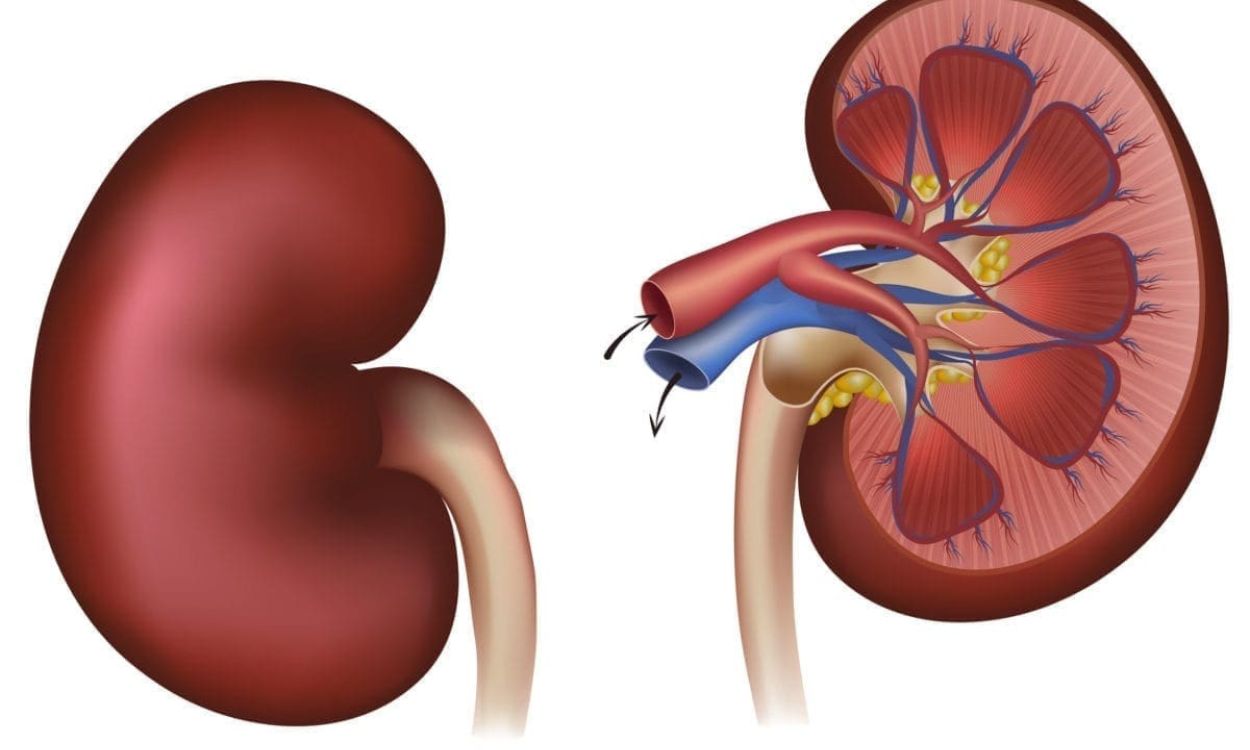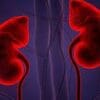Understanding Kidney Failure: The Silent Disruptor of Electrolyte Balance
Kidney failure, or renal failure, is a grave condition where the kidneys lose their ability to adequately filter waste products from the blood. This impairment can lead to significant disruptions in electrolyte levels—a critical factor that affects numerous bodily functions. Let’s delve into how kidney failure affects electrolyte balance and explore ways to manage this condition effectively.
The Role of Electrolytes
Electrolytes are minerals in your body fluids that carry an electric charge. They are essential for various bodily functions, including regulating nerve and muscle function, hydrating the body, balancing blood acidity and pressure, and helping rebuild damaged tissues. The most common electrolytes include sodium, potassium, calcium, bicarbonate, magnesium, chloride, and phosphate.
How Kidney Failure Affects Electrolytes
Sodium Imbalance
Kidneys play a crucial role in regulating sodium levels. In kidney failure, sodium can either accumulate excessively or be excreted inadequately, leading to conditions like hypernatremia (high sodium levels) or hyponatremia (low sodium levels). This imbalance can cause symptoms ranging from lethargy and confusion to seizures and coma in severe cases.
Potassium Dysregulation
Potassium is vital for muscle function, including the heart muscle. Kidney failure often results in hyperkalemia, where potassium levels become dangerously high. This condition can lead to serious heart complications, including arrhythmias and cardiac arrest.
Calcium and Phosphate Disruption
Kidneys help maintain a delicate balance between calcium and phosphate. In renal failure, phosphate levels often rise because the kidneys can’t excrete it effectively, leading to hyperphosphatemia. This condition can cause bone and joint pain, skin itchiness, and calcification of blood vessels. Simultaneously, calcium levels may drop, leading to hypocalcemia, which can cause muscle cramps, spasms, and, in severe cases, seizures.
Magnesium and Bicarbonate Imbalance
Kidney failure can also lead to an imbalance in magnesium and bicarbonate levels, causing symptoms like muscle weakness, irregular heartbeats, and metabolic acidosis—a condition where there is too much acid in the body fluids.
Managing Electrolyte Imbalances in Kidney Failure
Dietary Adjustments
A proper diet is crucial in managing electrolyte imbalances. Patients are often advised to limit foods high in potassium and phosphorus. A dietitian can provide a personalized diet plan to help manage these levels effectively.
Medications
Doctors may prescribe medications to help regulate electrolyte levels. For example, phosphate binders can help control phosphate levels, while diuretics can help manage sodium and potassium levels.
Dialysis
In advanced kidney failure, dialysis is often necessary to remove waste products and excess electrolytes from the blood, helping to maintain a balance.
Regular Monitoring
Frequent blood tests are essential to monitor electrolyte levels and adjust treatment plans as necessary. This proactive approach can help mitigate the risks associated with electrolyte imbalances.
Achieve Optimal Health with Fitpaa
Understanding the intricacies of kidney function and electrolyte balance is crucial, but managing your overall health holistically is equally important. This is where Fitpaa can make a significant difference in your life.
Why Choose Fitpaa?
Fitpaa offers a comprehensive solution to help you achieve your health goals, tailored specifically for the Indian population. By leveraging AI-driven metabolism monitoring and management technology, Fitpaa ensures that you not only manage your kidney health but also maintain overall well-being.
Personalized Health Plans
With Fitpaa, you receive a personalized Fitpaa Capsule—a scientifically designed health and fitness plan that includes diet management, exercise therapy, and cognitive behavior therapy. This capsule is crafted after a detailed metabolism assessment, ensuring it aligns with your unique health needs and lifestyle.
Real-Time Guidance and Support
The Fitpaa app provides real-time guidance to help you stay on track. With features like a virtual workout trainer, diet tracker, and performance monitoring, you can easily follow your health plan and make necessary adjustments with the help of expert nutritionists and fitness coaches.
Guaranteed Results
Fitpaa is committed to delivering guaranteed results. With a robust support system and a proven methodology, you can confidently work towards your health goals, knowing that you have a dedicated team backing you up.
Start Your Health Journey Today
Experience the transformative power of Fitpaa. Download the app today and take the first step towards a healthier, more fulfilling life. With Fitpaa, achieving your health and fitness goals is not just a possibility—it’s a promise.
By focusing on both the critical medical insights and the support that Fitpaa provides, this blog aims to empower readers with knowledge and encourage them to take proactive steps in managing their health.











